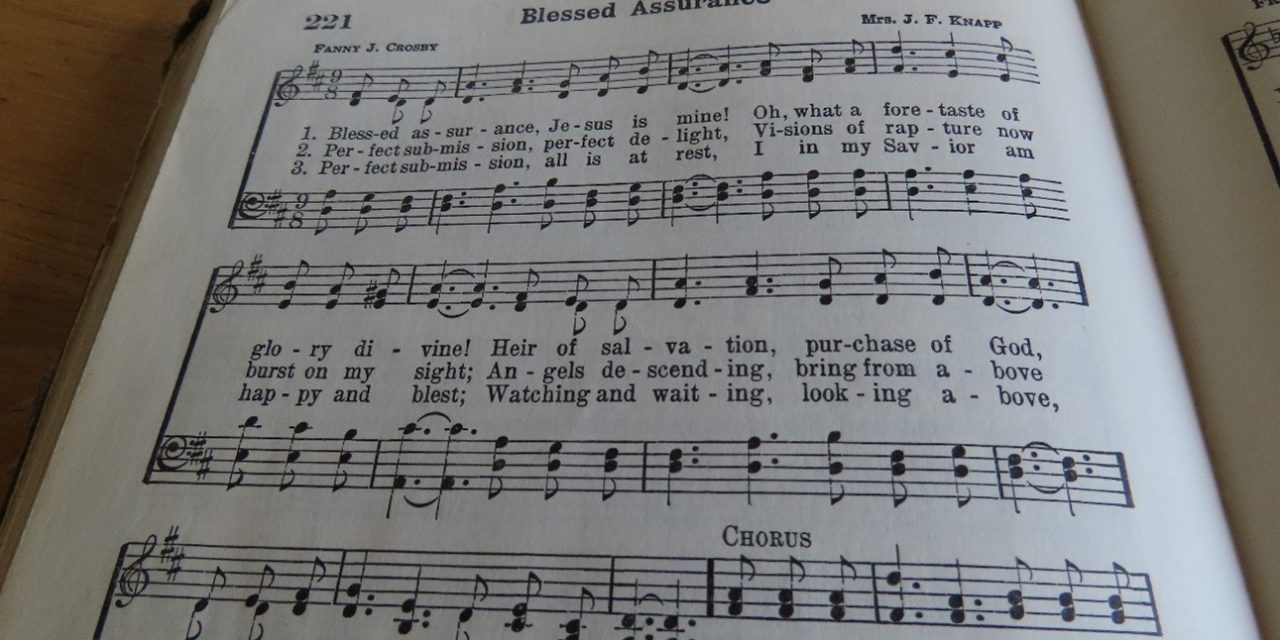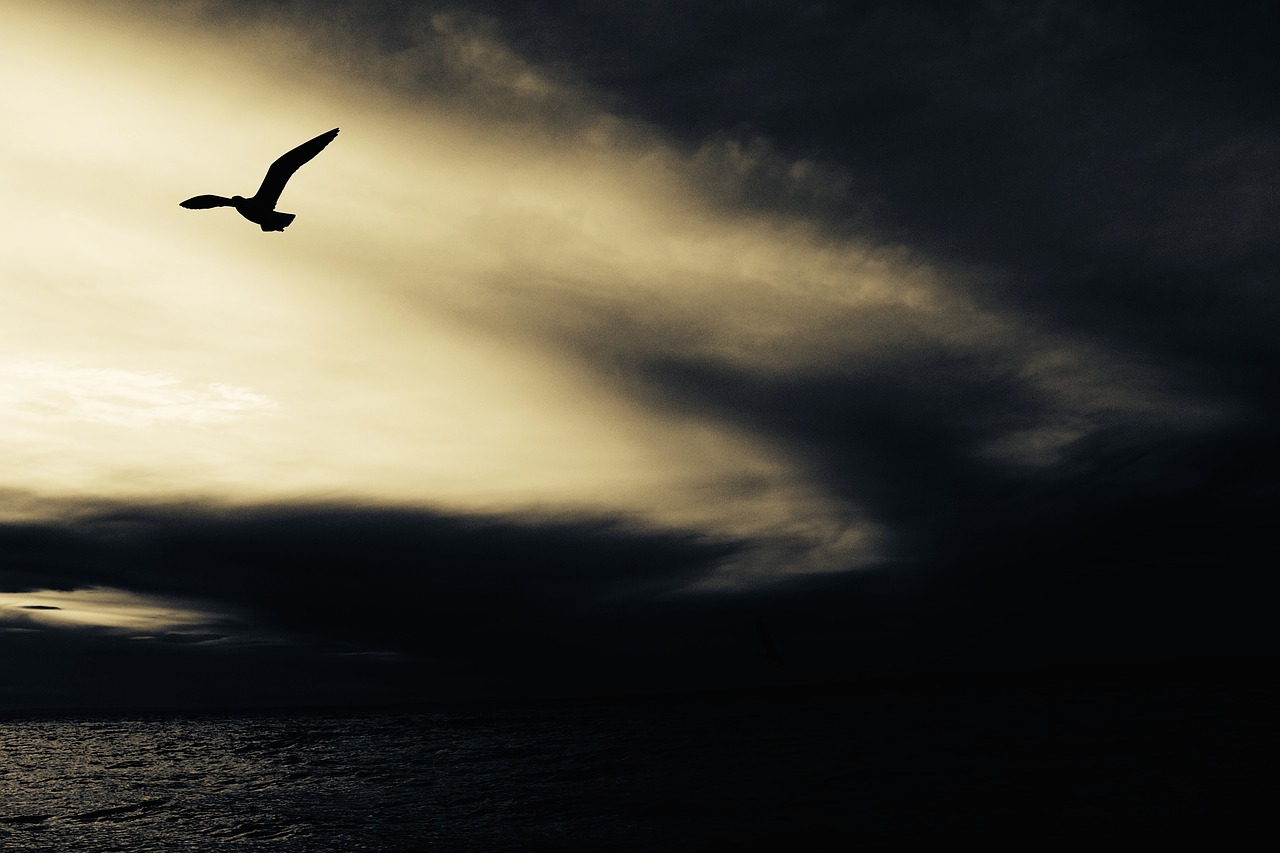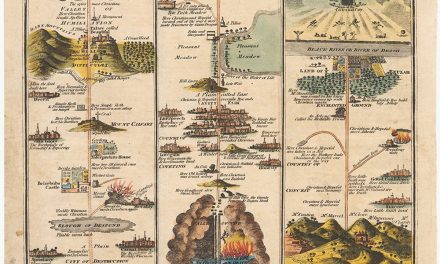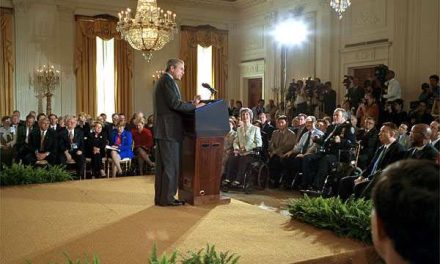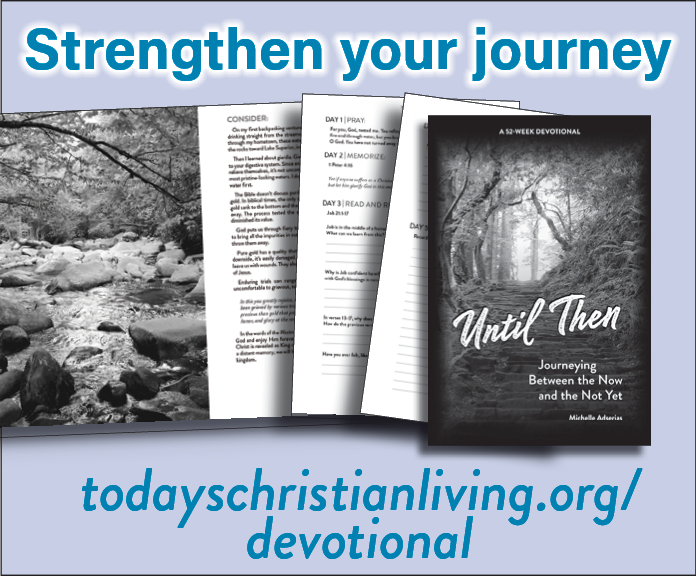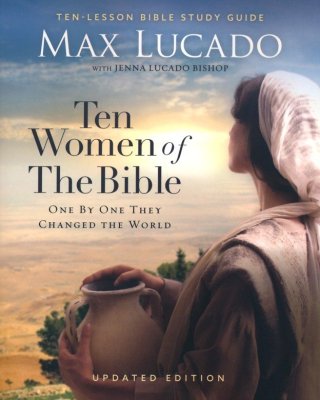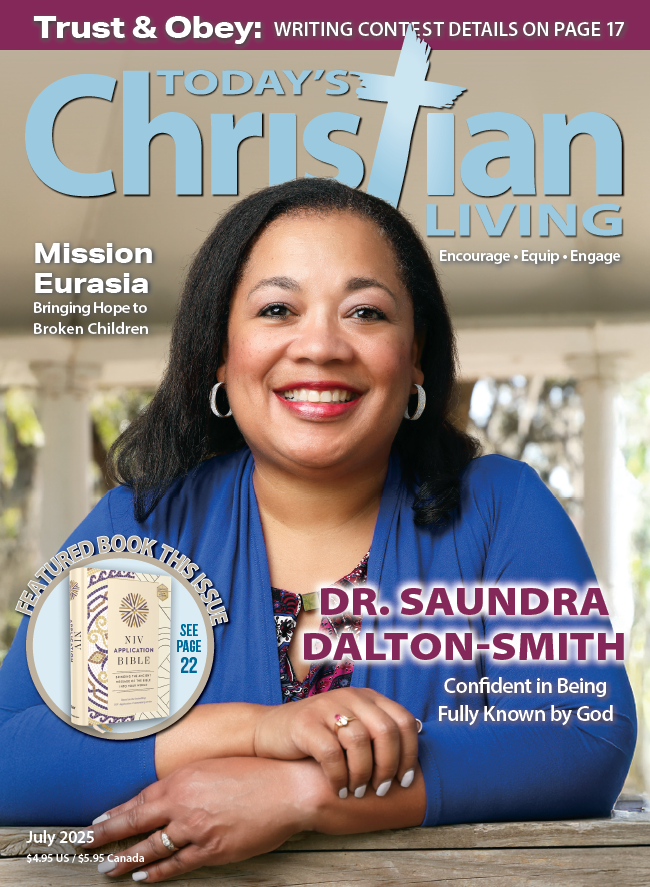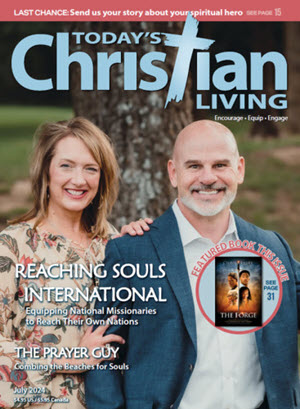It’s impossible to explain the influence Fanny Crosby’s hymns have had on me through the years. I grew up singing about the blessed assurance of knowing that Jesus is mine, how I’m safe in the arms of Jesus, and how my Savior leads me all the way. I can’t sing “To God be the Glory” or “Praise Him! Praise Him!” without it touching a place deep in my soul.
Fanny Crosby (Mrs. Frances Jan Van Alstyne) was born in New York in 1820. She lost her eyesight when she was just six weeks old. Her father passed away before she was one, leaving Fanny and her mother with limited resources. Fanny was a perfectly happy child. She climbed trees, rode horses bareback and got into mischief with her friends – despite her blindness. Not having her sight never seemed to bother her.
She penned this poem when she was eight years old, an honest statement about her outlook:
Oh! What a happy soul I am although I cannot see.
I am resolved that in this world contended I will be.
How many blessings I enjoy that other people don’t!
To weep and sigh because I’m blind I cannot nor I won’t.
When she was fifteen, Fanny began attending the New York Institute for the Blind and continued writing poetry that drew the attention of her teachers and classmates. She developed a friendship with Grover Cleveland, who was on the school’s staff during her time there. Their mutual respect and ties continued into the years of Cleveland’s presidency.
Though Fanny Crosby always had a positive outlook on life and had a “religious” upbringing, she was thirty-one years old before she understood the assurance of God’s love and forgiveness, then surrendered to Christ. It was the pivotal point in her life and work.
She collaborated with several well-known composers who focused on writing hymns. Her lyrics were primarily evangelistic, bringing the gospel message and expressing the joy of finding new life in Christ. She had a special burden for those who had not yet discovered the joy and freedom she knew in the Lord. Her hymns have been, and are still being, sung by soldiers in battle, evangelists inviting people to respond to Christ’s call, missions serving underserved communities, and Sunday-morning church-goers. Fanny Crosby continues speaking comfort, hope, and joy from generation to generation.
Upwards of 5,000 of her hymns, many of them penned under pseudonyms, have been preserved. It’s believed she wrote lyrics for another 5,000, many of which have been lost. In 2000, an archive of about 2,700 of her unpublished hymns were discovered in the library archives at Wheaton College in Illinois – a true, forgotten treasure.
Fanny Crosby not only left behind a wealth of spiritual insights. She gave us a glimpse into her heart and soul; the exuberant life of a woman who loved her Lord immeasurably:
“If I had a choice, I would still choose to be blind…
– Fanny J. Crosby
for when I die, the first face I will ever see
will be the face of my blessed Savior.”

